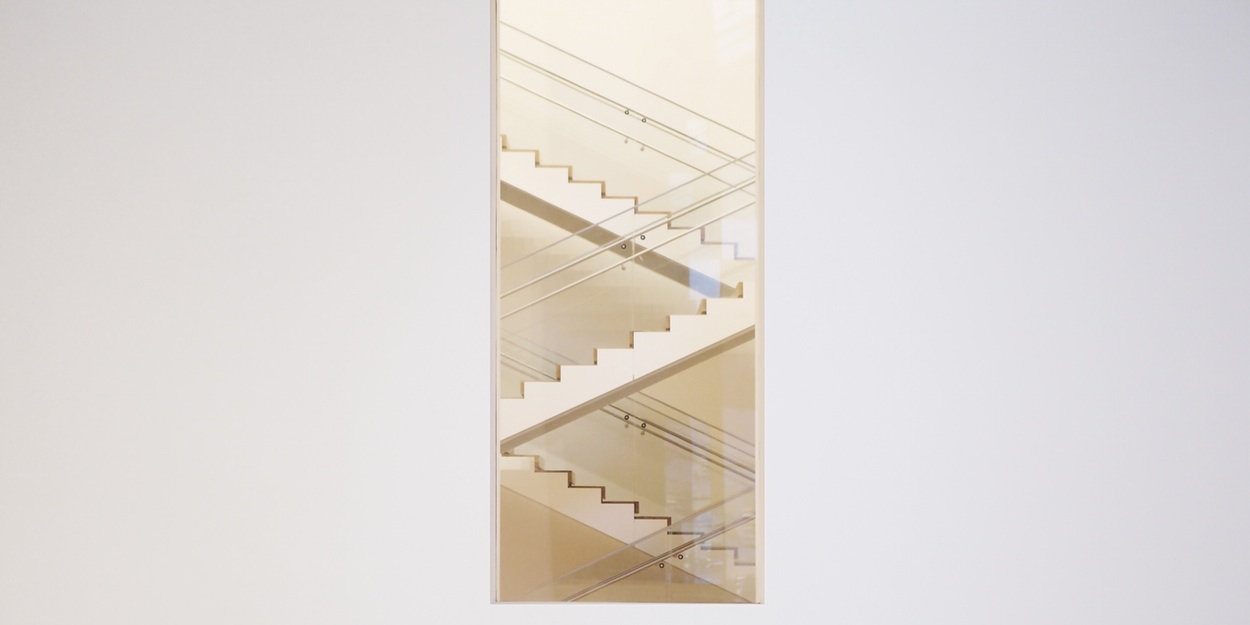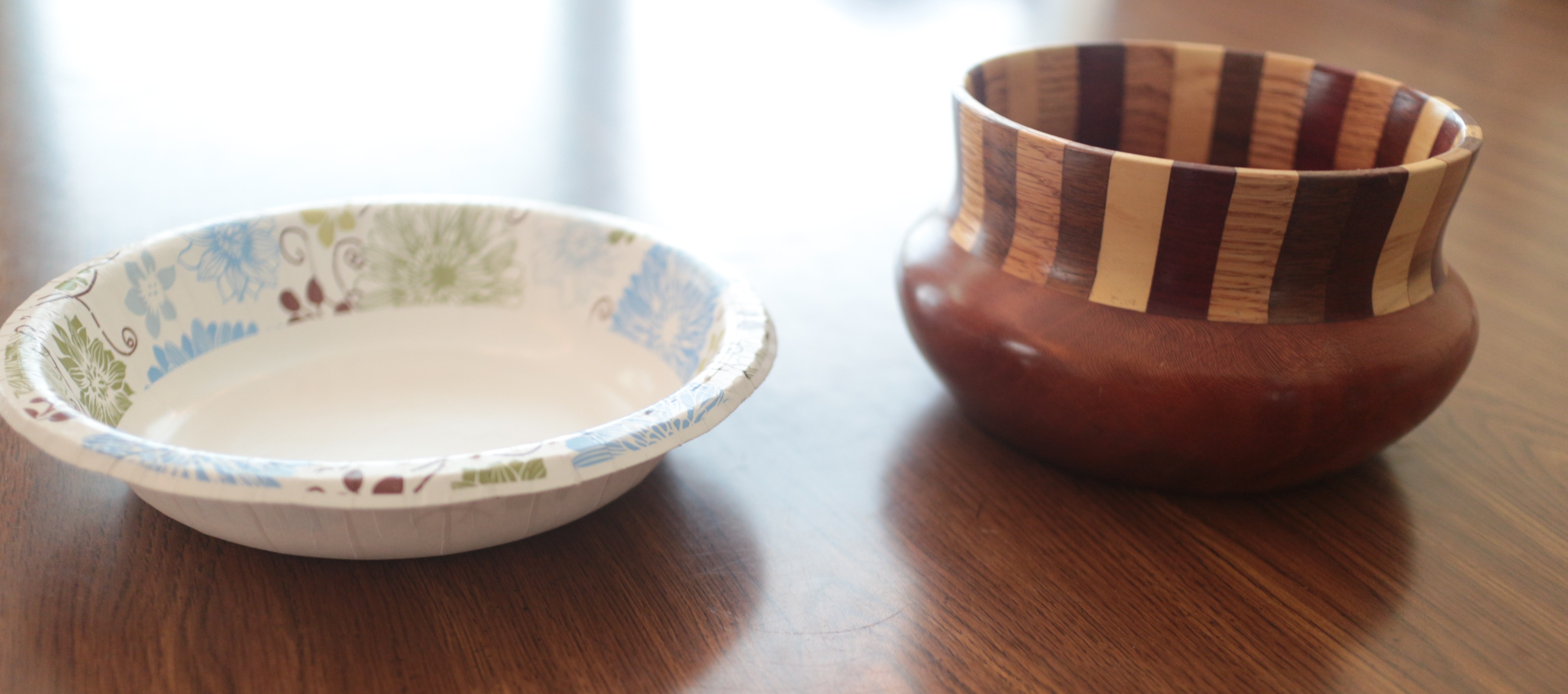Sometimes I hesitate to share the victories without sharing the trials. When I write I try to be transparent and make it clear that I don’t have it all together, but I know it still stays vague. Because frankly, it’s not very fun to tell about the challenges and at times, it’s not appropriate to share, be it to protect people or because the timing is just not right. Sharing and showing just the moments of glory–the vacation plans, the promotion news, the family photos, the epic adventure, the finished product–whatever it is, doesn’t tell the whole story. It instead leaves the rest of us to believe that it happened, just like that.
In those moments, I struggle with jealousy. I couldn’t care less if you had a bigger home or a fancier tech gadget. But when I see someone get an amazing opportunity or live an incredible-seeming life, it can sometimes get ugly on the inside for me. Suddenly my mind is off and running that so-and-so had everything handed to them on a silver platter or had the right connections or just naturally awesome hair. I don’t know or care how they managed to pull it off, but why not me?! And then I stamp my foot and pout for awhile.
I see the glory and the end result. I see the attention and the appreciation. I see the success and imagine the dollar signs. I see the art and the opportunity.
You know what I don’t see? What it took to get there.
I didn’t see the effort they made and all of hard work they poured into it. I didn’t see their fights for what mattered and accompanying sacrifices. I didn’t see the scrimping and saving. I didn’t see the insecurities and doubt. I didn’t see the practice or failures. I didn’t see the years of struggle or nightly prayers.
I didn’t see the journey, all I saw was the reward.
Then I got jealous or made quick assumptions or gave up on my own goals. I can’t keep doing that. We just can’t do that. Why? Because nobody wins that way.
You want to know how it happened? Ask them. Put in the work and the effort and the years that it takes. Think big breaks never come your way? That’s probably true, but they don’t really happen for anyone who isn’t trying. Sometimes people stumble in to things, but rarely because they were sitting around waiting for it.
I can’t promise that you will get the same end result or that your effort guarantees what you want. But there are ways to lessen the sting or escape the distractions. If I focus on working towards my goals and you focus on yours, we have less to be jealous of and less assumptions to make. Finding friends and support with whom to share our hardships and our dreams strengthens everyone. Gaining an understanding that you are not alone in the struggle brings perspective. Instead of playing the comparison games, we can together walk through the challenges and celebrate each other’s victories.


